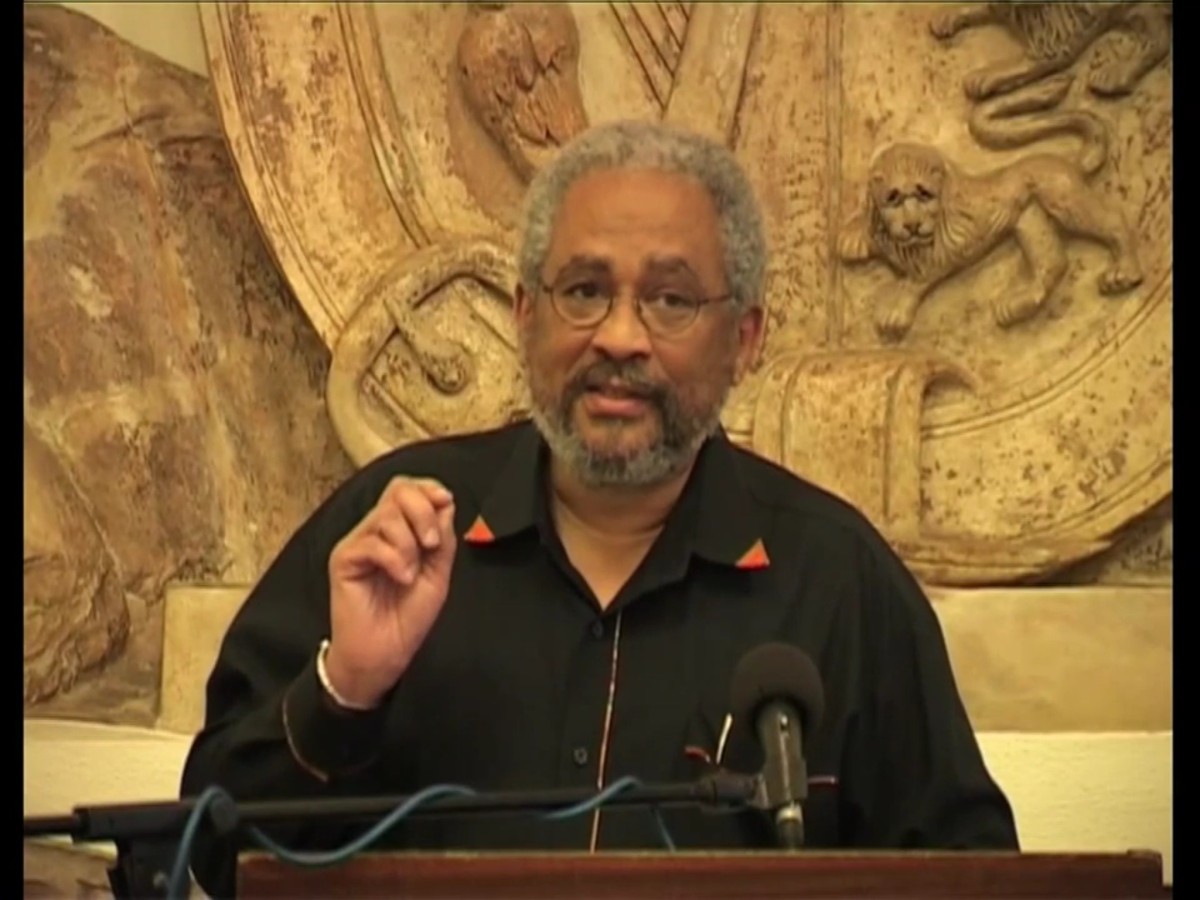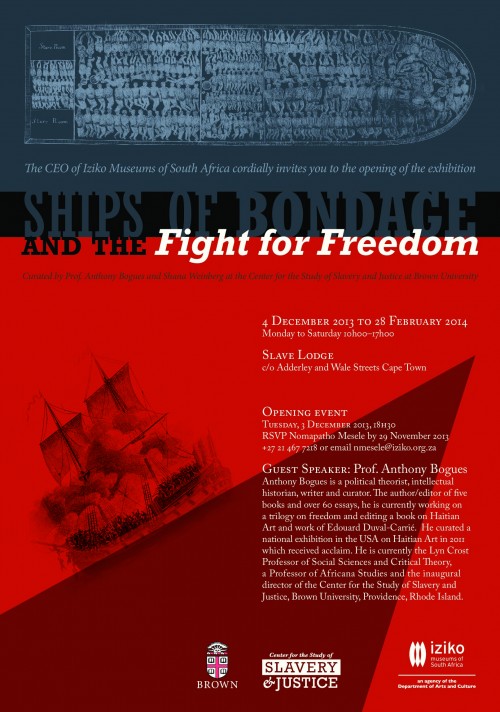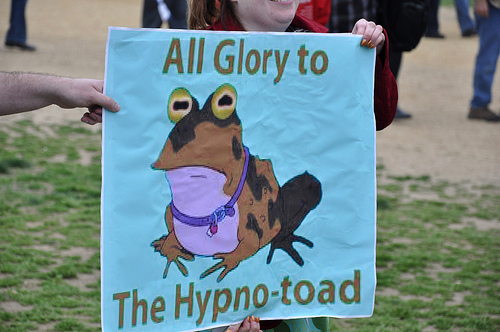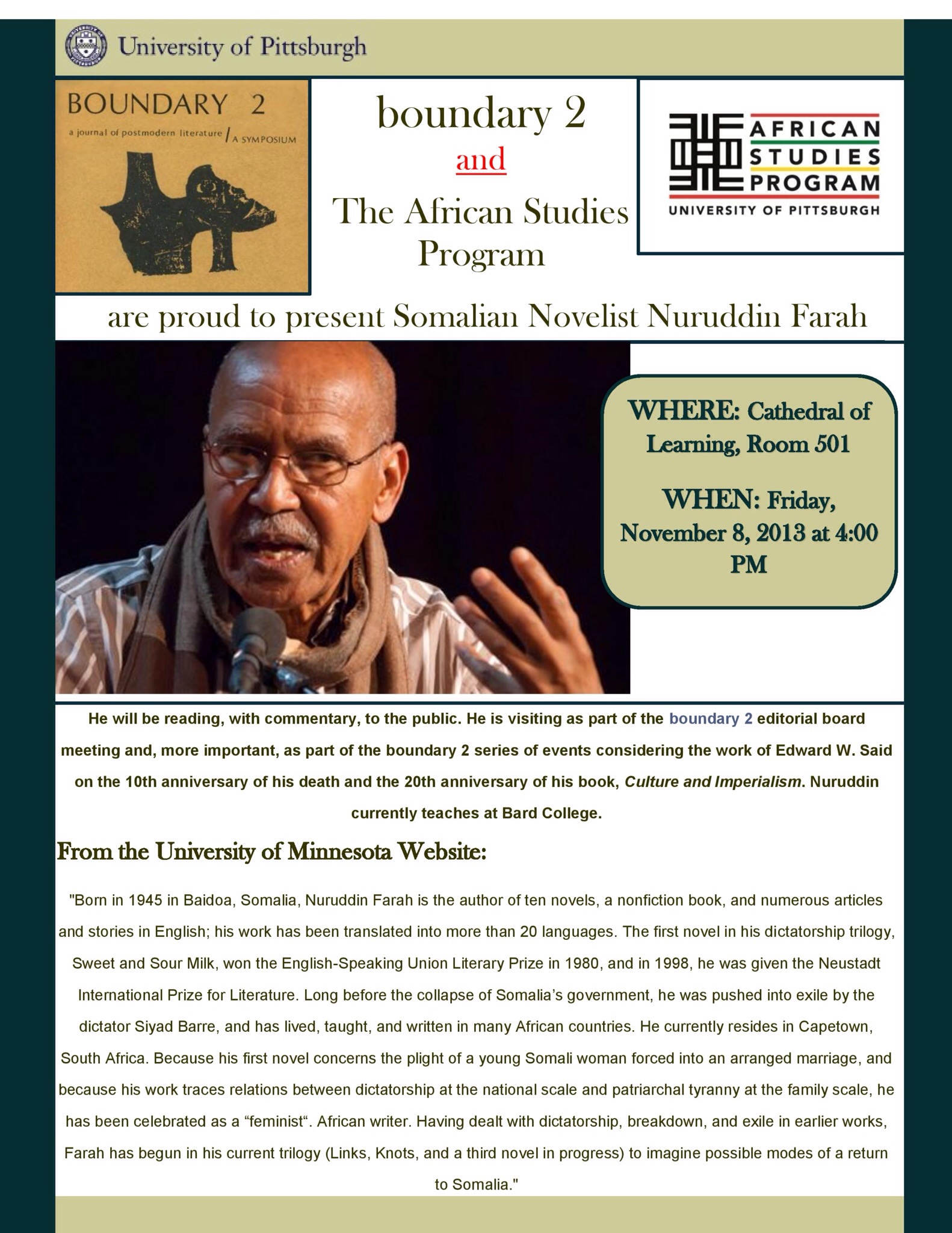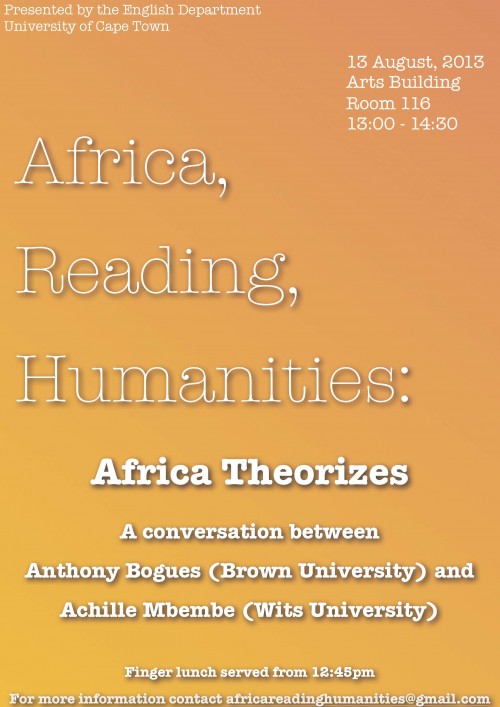Anthony Bogues, at the introduction of the Ships of Bondage exhibit currently held in the Slave Lodge museum in Cape Town, South Africa (and features studies of the Amistad, the Sally, and the Meermin), speaks of slavery and freedom, representation, the sedimentary foundations of slavery, colonialism, colonial modernity and these historical processes that connected the world (41:56). Beginning with reflections on Toni Morrison’s Beloved and André Brink’s Philida, Professor Bogues asks, “How does one represent slavery?” alluding to the attempt “to represent what sometimes we cannot name,” as he wrestles with the idea of freedom as it pertains to the political, the historical and the practice of being human: his thoughts a direct contribution to what he calls “the public curriculum.”
-
Ships of Bondage and the Fight for Freedom
Curated by Anthony Bogues and Shana Weinberg, “Ships of Bondage and the Fight for Freedom examines the global networks involved in the African slave trade. This exhibition tells the story of slave insurrections on three vessels including the Amistad, the Meermin, and the Sally, exploring the struggle of the enslaved to resist captivity, gain freedom, and return to their homelands.”
Brown University’s Center for the Study of Slavery and Justice.
-

Legacies of the Future: The Life and Work of Edward Said
There is much to consider; and for those that missed the conference, or for those that would like to review its style and content: footage of the b2 lectures, readings, panels and discussions have been uploaded to the boundary2 youtube page. They will also be featured in a series on boundary.org. Always, we remain in humble engagement, our gratitude for the life, work and word of Edward Said resonating.
-
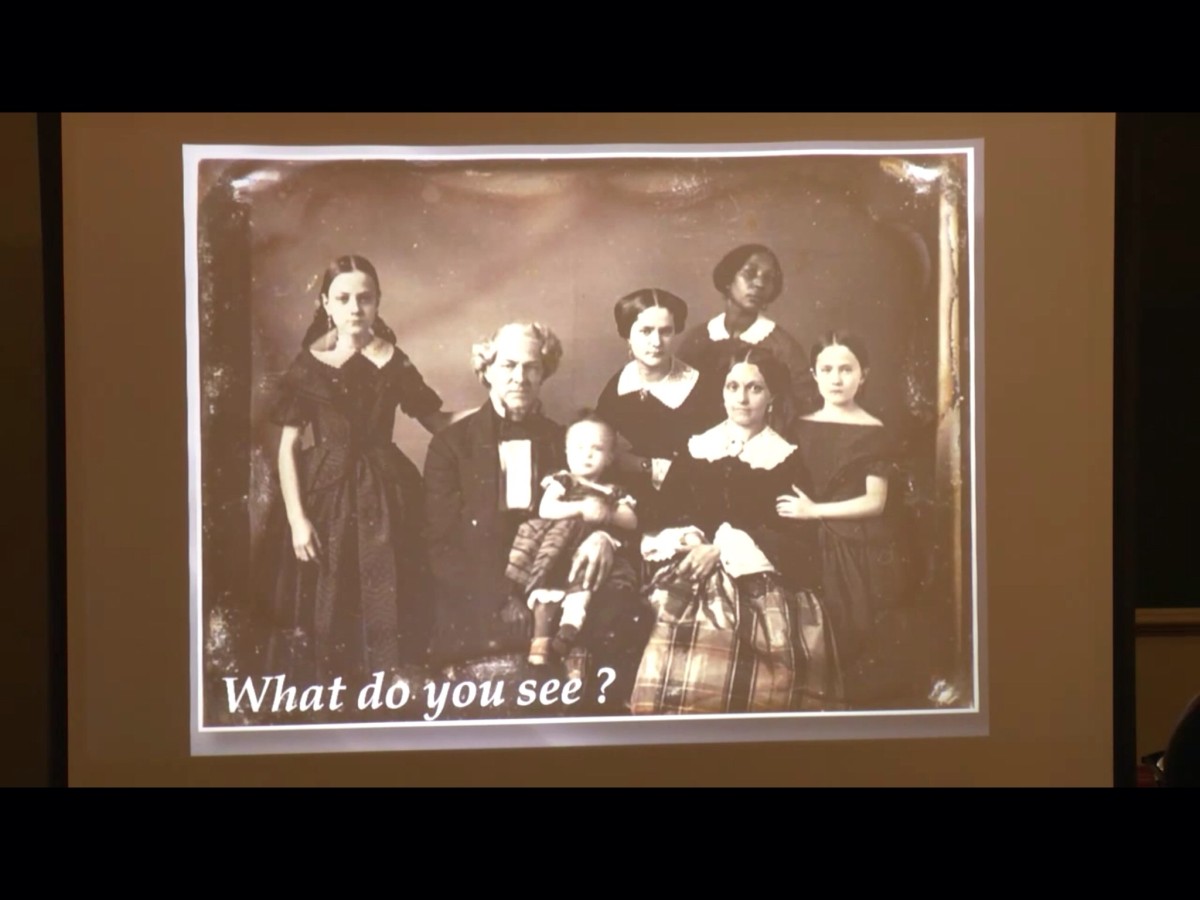
Video: Slave–Citizen–Human
http://youtu.be/Oi4mViR-IOA
Tony Bogues, as a part of Brown University’s Graduate Student Colloquium on Slavery and Justice, engages issues of enslavement, an enslaved person’s transition to that of a “subject,” of a “citizen,” and how the idea of the human affects and is affected by narrative, memory and practice.
“You can’t think about questions of war and conflict without thinking about questions of ‘subjects’ and ‘citizens’…Because what they revolve around, I would argue, are certain conceptions of ‘What does it mean to be human?’ and ‘What kind of accrue to those humans?’” -Anthony Bogues
-
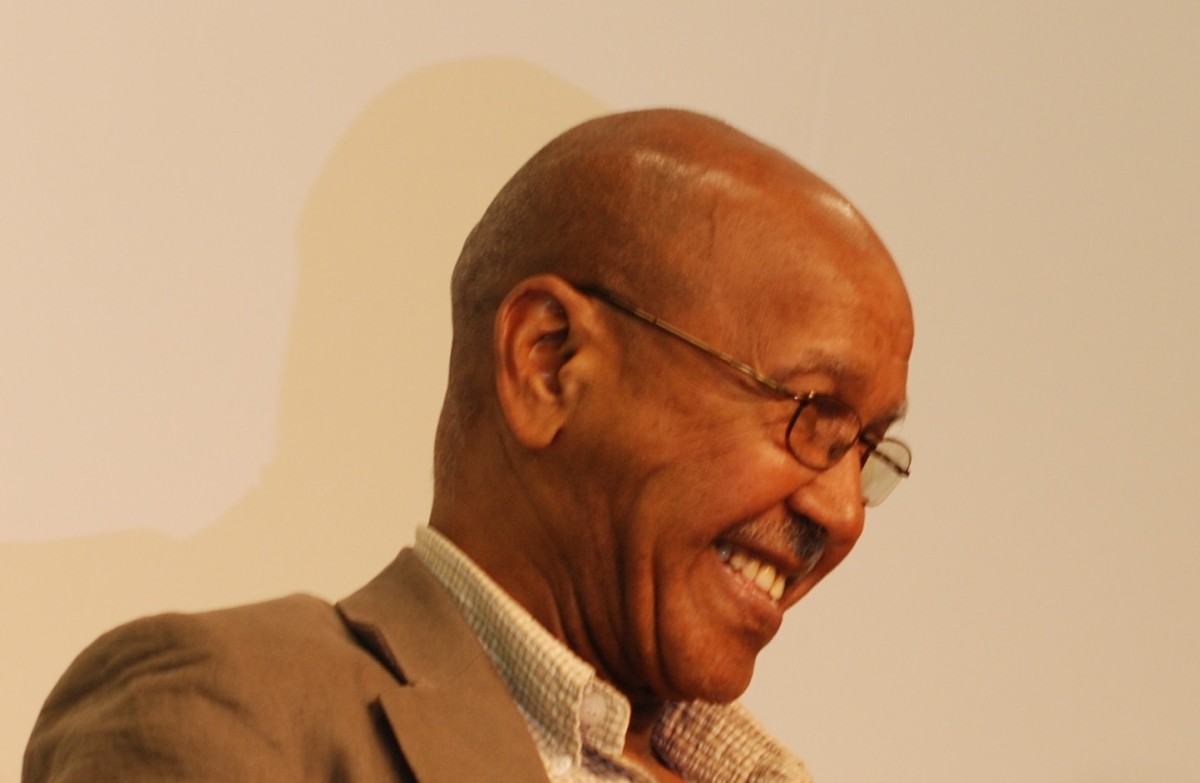
A Reading with Nuruddin Farah
Novelist Nuruddin Farah comes to Pittsburgh on November 8th @ 4pm in anticipation of b2’s commemoration and consideration of Edward Said’s Culture and Imperialism. He will read and offer commentary as part of a presentation co-hosted by the University of Pittsburgh’s African Studies Program.
-

Video: Africa Theorises (Tony Bogues and Achille Mbembe)
Coverage of The University of Cape Town’s “Africa Theorises” has arrived – a conversation between our esteemed colleague Anthony Bogues and the renowned scholar Achille Mbembe. Topics include the “redrawing of the global intellectual map,” the “flight from theory” and “scientism,” the waning hegemony of the “Western Archive,” the possibilities of “liberty,” and the “modes of being human.”
-
Tony Bogues and Achille Mbembe: Africa Theorises
On August 13th, The University of Capetown hosts a conversation between our esteemed colleague Anthony Bogues and the renowned scholar Achille Mbembe.
-
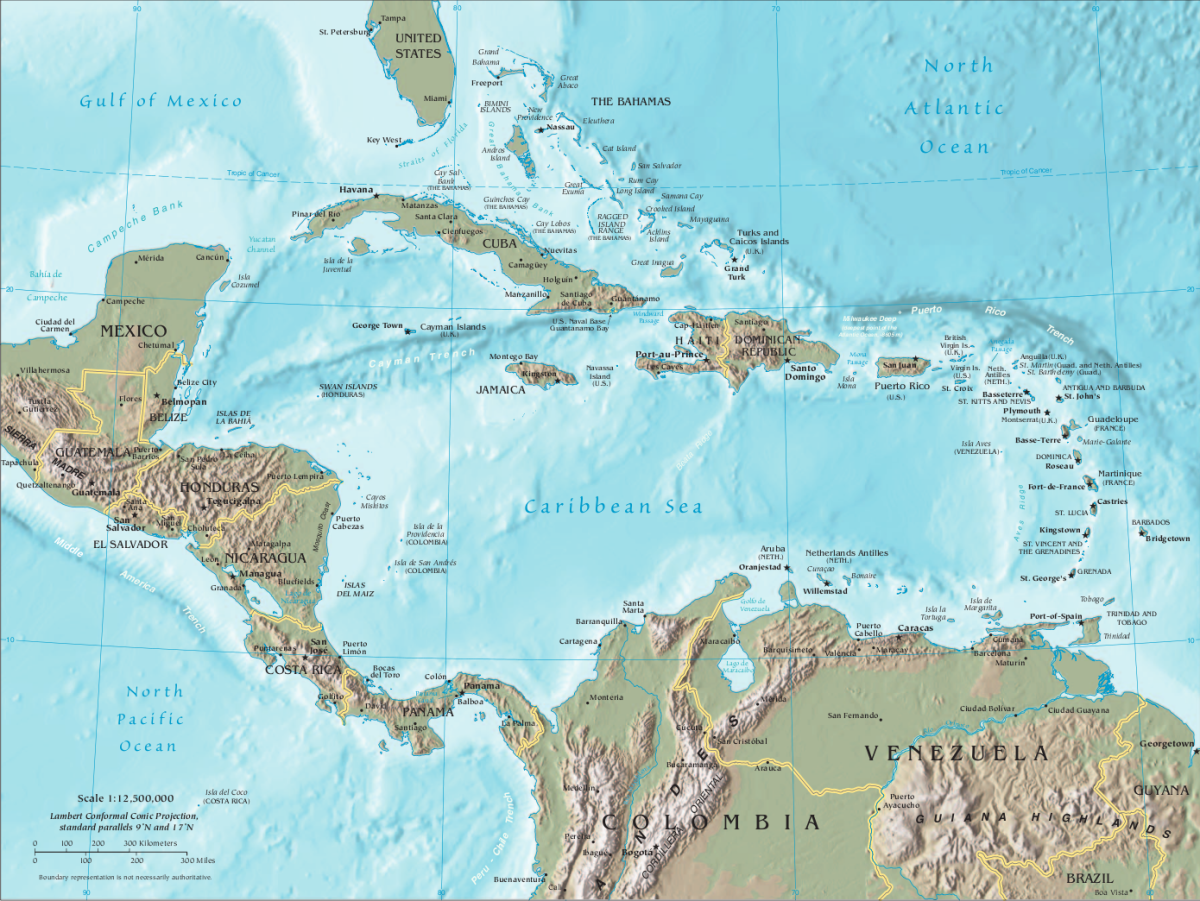
‘Reflections on the Radical Caribbean Intellectual: from Toussaint L’Ouverture to Walter Rodney’
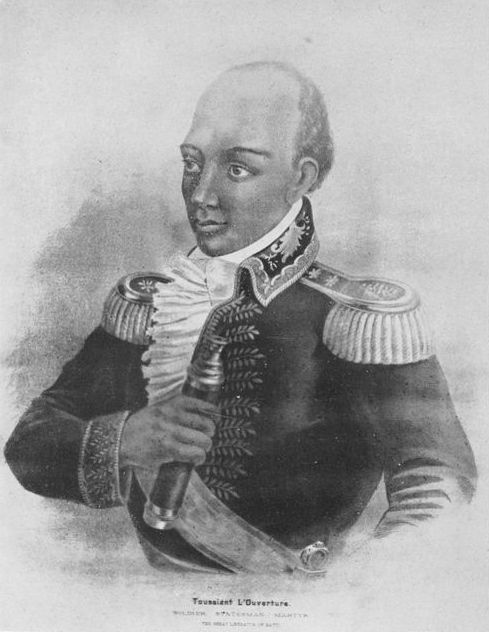
Toussaint L’Ouverture 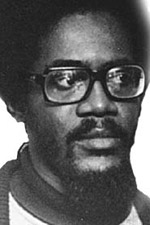
Walter Rodney For all our friends in London, NYC, and Western Europe on 19 June, a chance to hear Barrymore Anthony Bogues, an heir to this tradition, discuss the emergence of a new type of intellectual with consequences and influences around the world. University College London (UCL) sponsors this lecture.
-
some bounders on Harold Bloom
On the 40th anniversary of Harold Bloom’s Anxiety of Influence, Dan O’Hara organized a one day meeting to discuss the merits and place of the book and Bloom’s theory. Here is link to the audio recording of the days events. Speakers included Dan O’Hara, Jonathan Arac, Susan Balée, and Paul Bové with lots of discussion.
